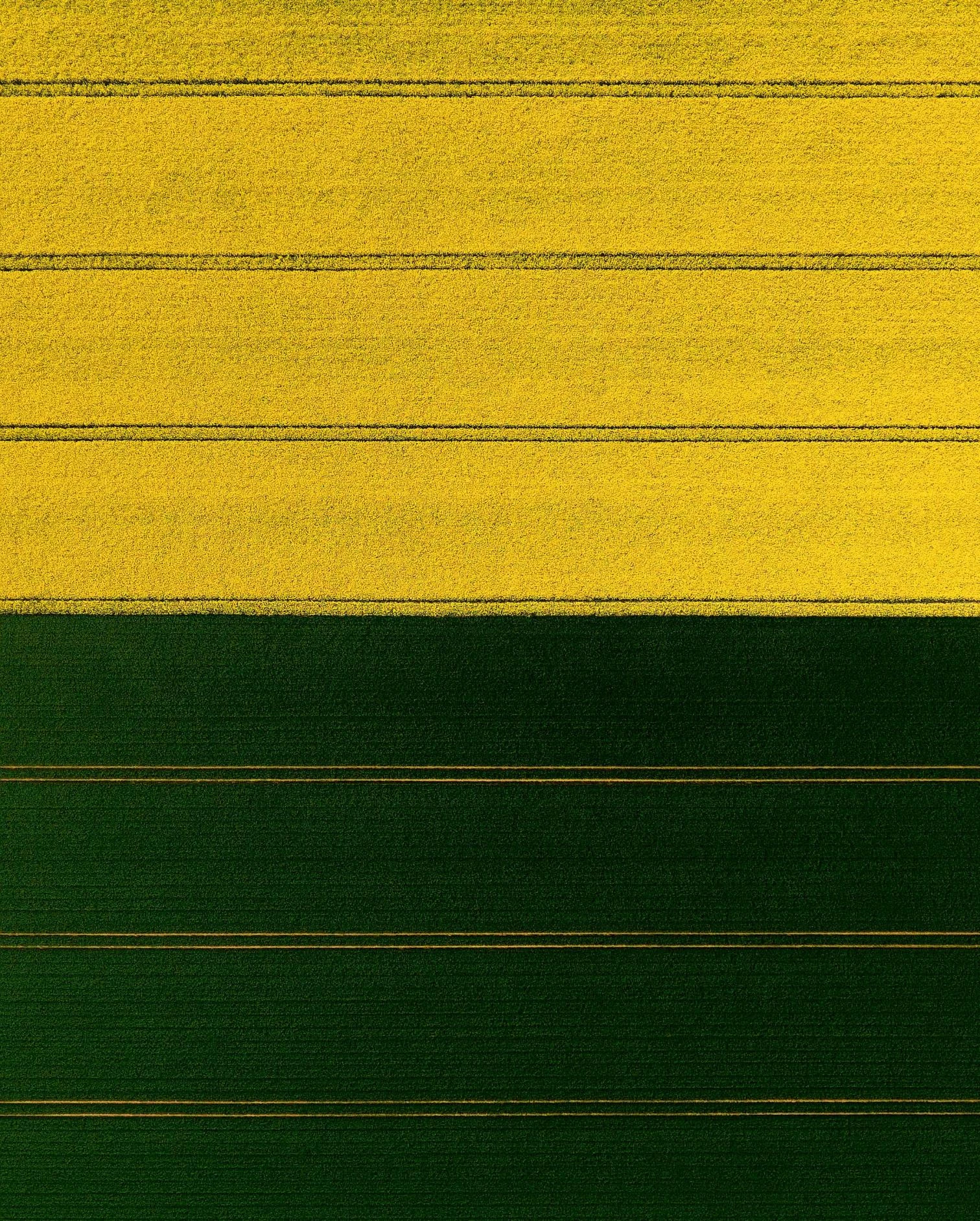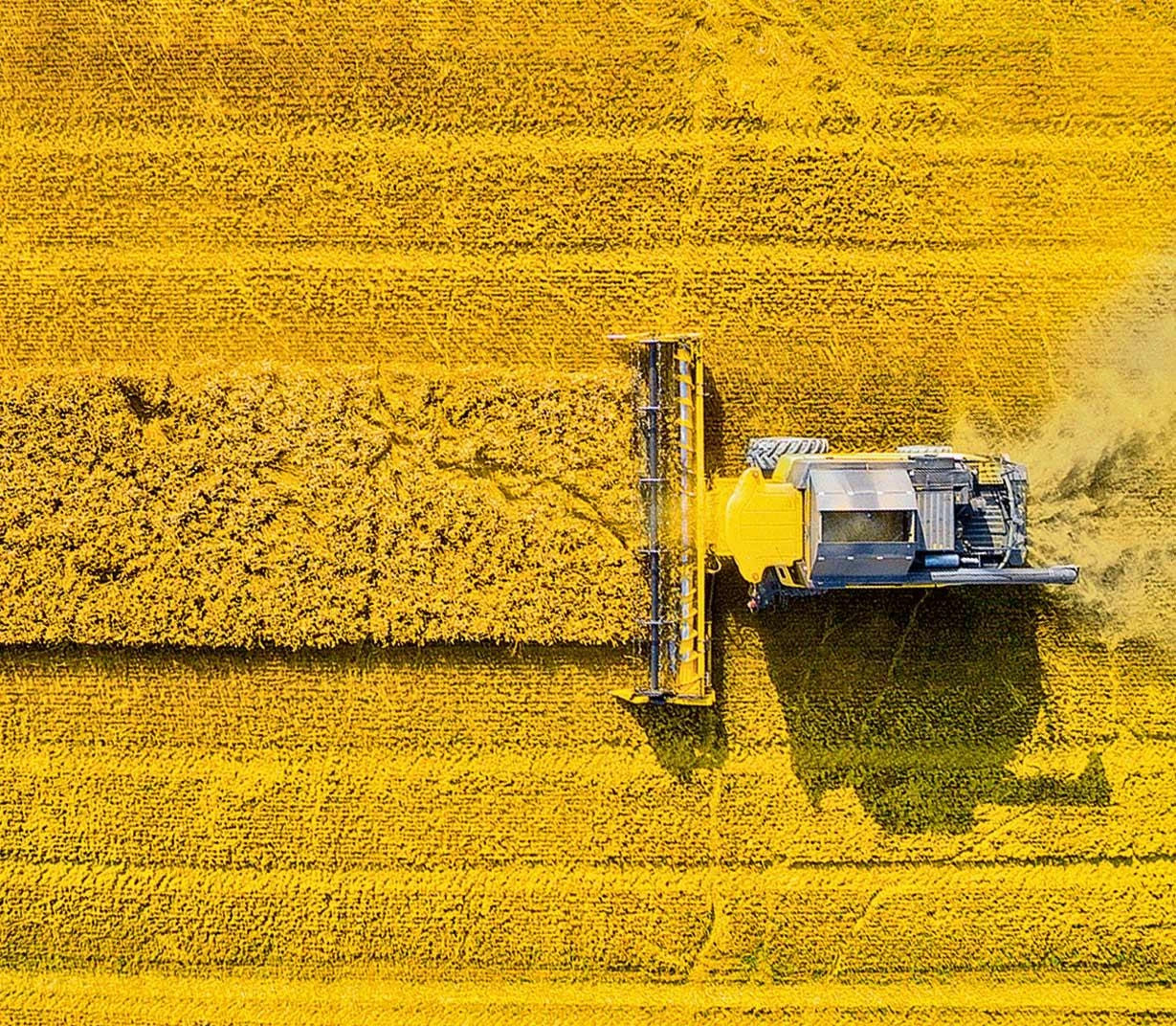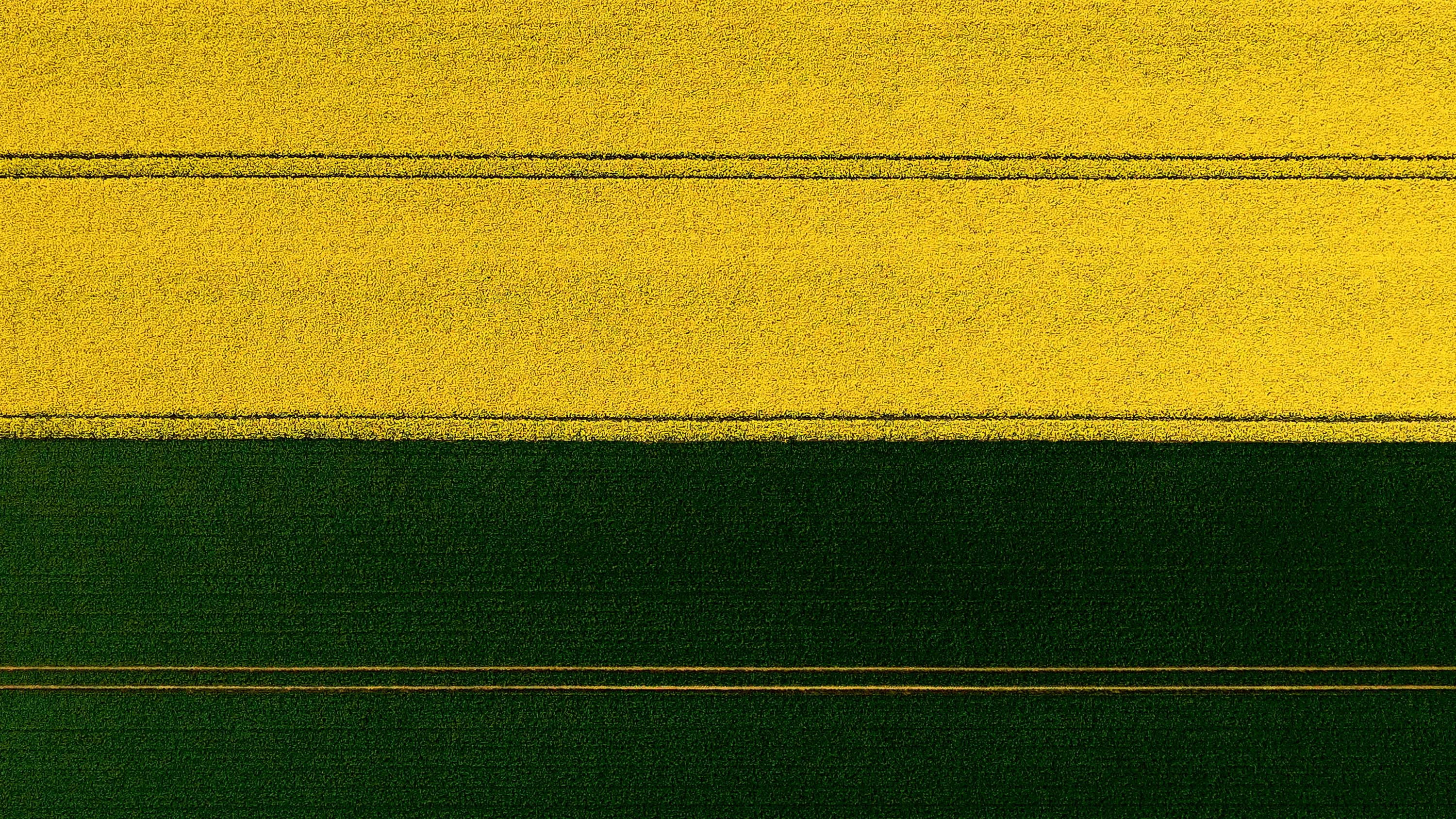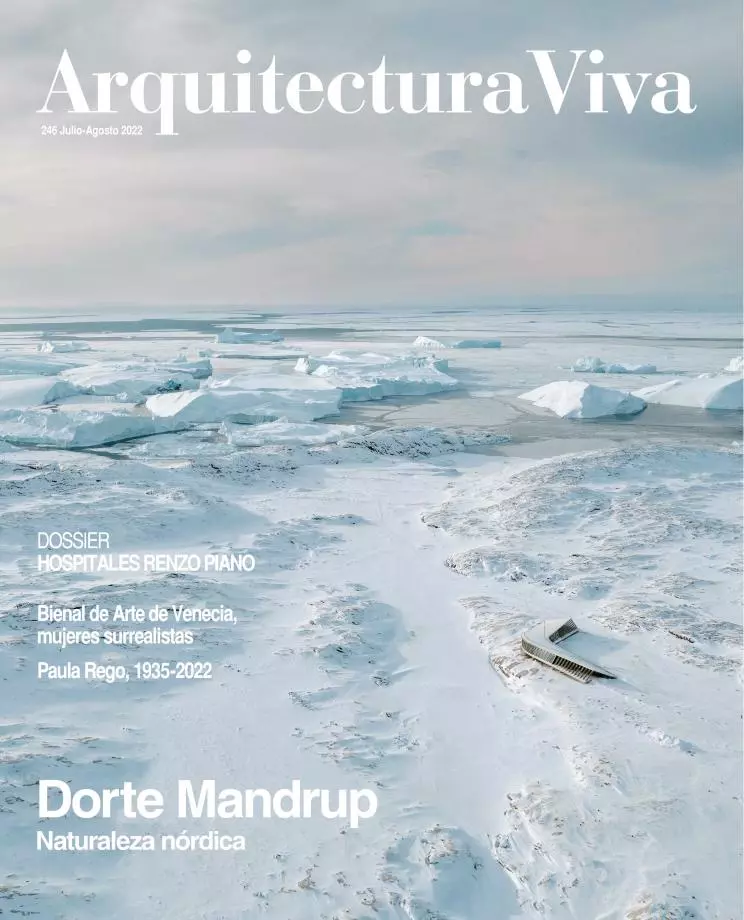
While we discuss the price of electricity, the ghost of famine hovers over the world. It is energy we are talking about in both cases, but while exosomatic energy depends on social organization, endosomatic energy has biological boundaries. Alfred Lotka, who a century ago applied thermodynamics to life to explain how natural selection favors organisms that use energy more efficiently, distinguished between the endosomatic energy we consume through food and the exosomatic we use to maintain our lifestyle. The first shows little variation, and moves within the range of 1,800 and 2,500 calories per person and day; the second is virtually unlimited, and in prosperous countries it can be a hundred times what is needed to stay alive. Today, worried about the supply of the gas that warms our houses and the fuel that moves our cars, we are struck by a food crisis that can affect tens of millions: exosomatic drama pales before endosomatic tragedy.
Climate, coronavirus, and conflict have created the perfect storm: climate change and desertification affect harvests, provoking unstoppable migrations; the pandemic has fractured logistic chains, affected grain or fertilizer trade and favored deglobalization; and the war in Ukraine, added to the sanctions on Russia and the energy shock, has put at risk the exports of two world breadbaskets. Both countries together supply almost one third of the wheat and barley consumed by the planet, and a good part of Africa and the Middle East rely on these Slavic black soils for their food. Meanwhile, high temperatures and drought have disrupted harvests in China and India, the price of energy has endangered farm productivity, and many countries have banned food exports. The third horseman of the Apocalypse rides a black horse, and carries a scale to weigh wheat and barley, so it is easy to imagine him galloping across the plains of Ukraine.
The country’s flag shows a blue sky over the vast golden wheatfields, and that naïf arcadia is now being devastated by the whirlwinds of geopolitics, which sets the US and Russia against each other on the European stage, steering NATO towards the east while the south faces migration flows which will storm the fences that pretend to keep at bay a huge economic and demographic gradient. The trading of accusations between the Russians who block the port of Odessa and the Ukrainians who have mined their waters, whether or not they reach an agreement with the help of Turkey, is a grotesque puppet show that Africa is left to suffer, and the incapacity of the elites and international agencies to guarantee daily bread to hungry crowds places us in front of a dark mirror: the strains caused by inflation or by the reduction of available exosomatic energy seem trivial when compared with the shortage of endosomatic energy. Lotka, born in today’s Ukrainian Lviv, knew it well.
El Mundo: El tercer jinete en Odesa







